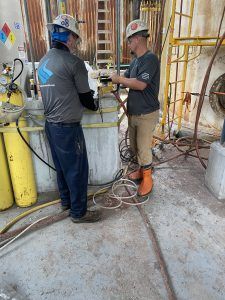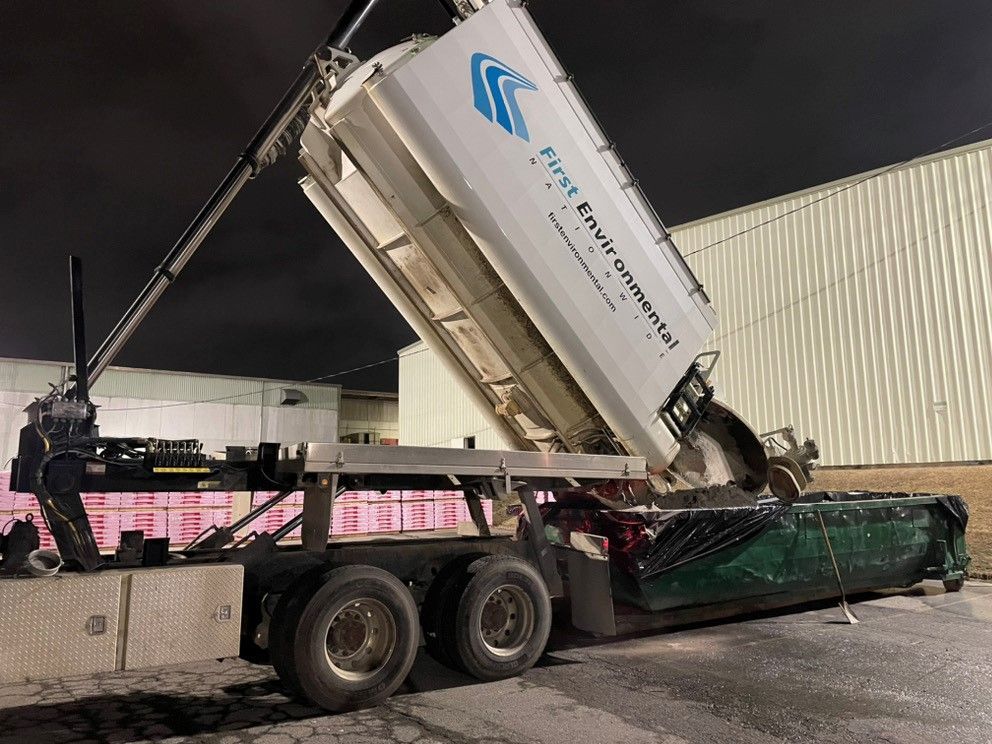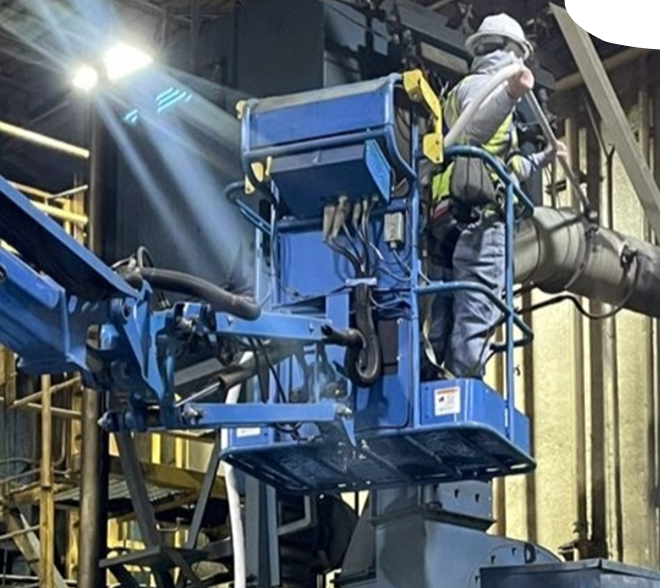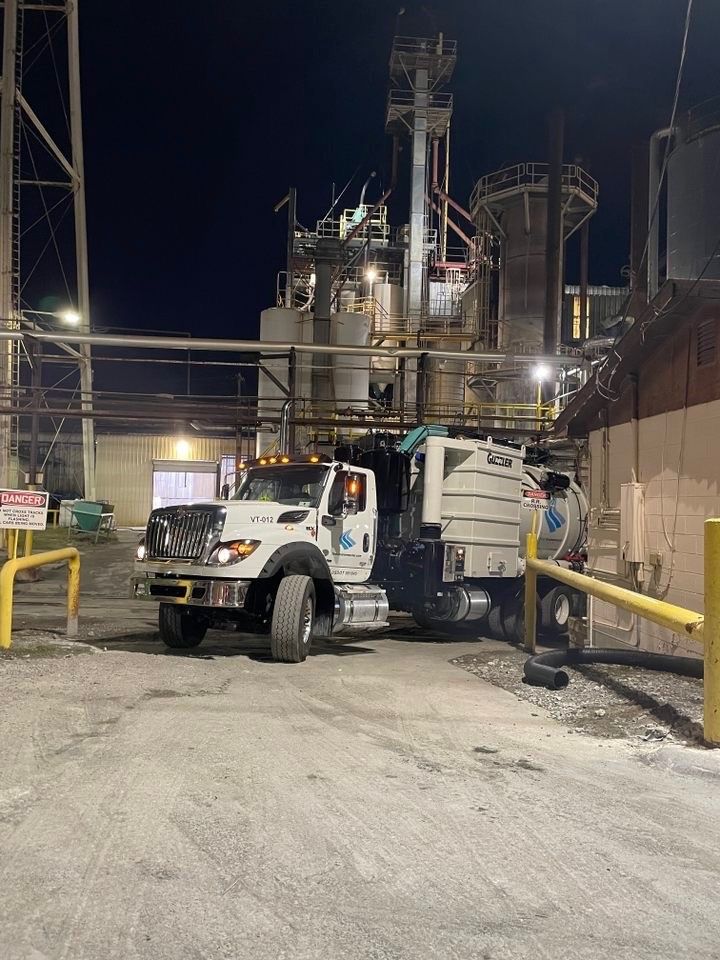Working Safe Does Not Happen by Accident
It takes a team that is committed to operating safely at all times. It requires training, it requires experience, and it requires effort. It cannot be done if any of these things are missing.
Our customers need contractors that have this level of focus on doing things the right way, all the time. First Environmental works in various hazardous environments, including confined spaces, flammable atmospheres, hazardous chemicals, and various manufacturing facilities that require lockout/tag-out procedures.
We train our employees for each of these situations and many more. Whether working at heights, using equipment, confined spaces, chemicals, machinery operation, respirators/supplied air, various PPE, or other site-specific facility requirements, our goal is to provide exceptional attention to detail, including safety.
Our compliance manager, Ray, leads the effort to make sure we are on point, but it is more than that. Safety is not just about checking the boxes; it is about taking care of your teammate and so much more. Ray is continuously focusing on the team and watching out for the squad. We manage compliance, but we live safety. Safety and safe actions are about communication, preparation, behavior, and culture. We use the term family because we are looking out for one another and part of something great. From top to bottom, safety is everyone’s responsibility.

Numerous customers have required safety and site-safety modules that our team completes in advance of work. Our annual training schedule is carefully managed to ensure everyone is competent, qualified, and prepared for the task at hand. Target areas for specific projects that include hazardous substances (asbestos removal, chemicals), fire prevention/static electricity prevention, slips/trips/falls awareness, and fall protection equipment occur frequently.
Our goal is to maintain our status as the most desired industrial cleaning contractor in the southeast, and safety is paramount to achieving this goal. We pledge to provide safety, security, and confidence through our work.
Our mission:
Exist for our Customers by Fixing Their Problem and Making Them Happy.
Our goal: To be the most desired industrial cleaning service.
Call 888.720.1330 to schedule service or speak with a representative about your needs today!





